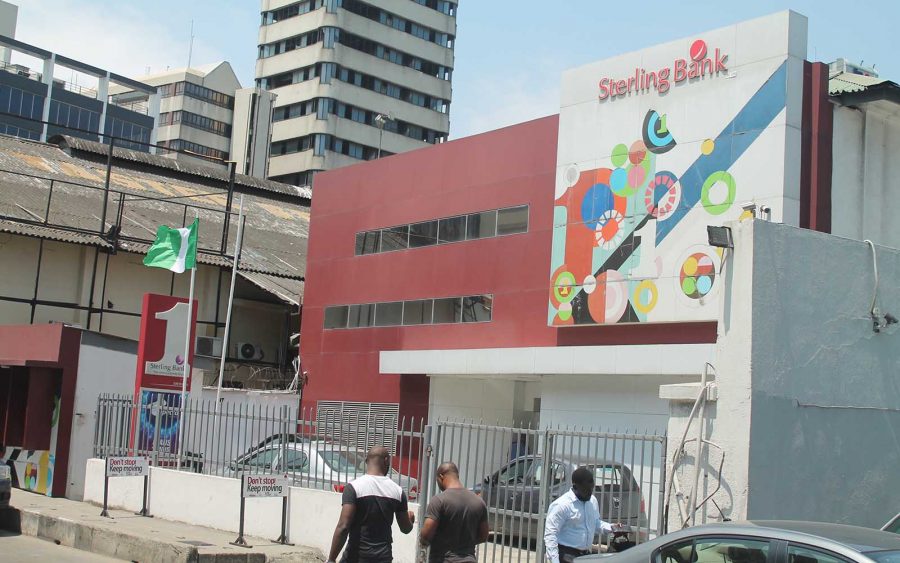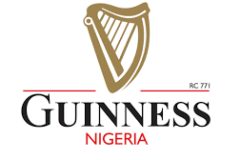Sterling Bank is going the way of GTBank. The sixty-year-old bank is planning a restructuring and has already secured regulatory approval to operate as a holding company.
A holding company is a form of financial organization that owns a controlling interest in other businesses, called subsidiaries. Sterling Bank’s CEO, Abubakar Suleiman, said the restructuring would improve the performance of the bank’s non-core banking operations. The plan is to spin off its non-interest banking services into an autonomous entity, The Nation reported.
With roots dating back to 1960, Sterling Bank (NAL Bank Plc) is one of Nigeria’s oldest banks. In the 1970s it became a state-owned bank following the indigenization decree of the country’s military government. Although it started trading on the Nigerian Stock Exchange in 1992, it became fully privatised in 2000 after the government sold its stake.
Until the early 2010s, Sterling Bank had operated other financial services beyond core banking. It secured a Universal Banking licence in 2001, allowing it to operate four subsidiaries.
These included: SBG Insurance Brokers (insurance), Sterling Capital Markets (investment banking), Sterling Asset Management & Trustees (wealth management), Sterling Registrars Ltd. The bank also held a 31% stake in Crusader Sterling Pensions.
However, following the financial crisis of 2009, the Central Bank of Nigeria (CBN) modified the Universal Banking regulation and restructured banking licences into three: regional, national and international. The regulator also forced banks to divest from their non-banking subsidiaries. They either had to divest from non-core lending service or restructure as a holdings company.
Most banks chose to divest. Sterling Bank secured a national commercial bank licence and received shareholders’ permission to divest from its five non-bank businesses in February 2011. The exercise went “remarkably well with all the transactions completed at a profit to the Bank,” Sterling Bank wrote in its 2011 annual financial report.
In the same year, the bank strengthened its position by acquiring Equatorial Trust Bank, whose majority shareholder was billionaire Mike Adenuga.
Other banks chose the holding company model. The choice was simple if “non-commercial banking subsidies are more important for their revenues and profit,” Euromoney, a European publication, wrote in 2011.
United Bank for Africa (UBA) made the earliest move, restructuring into a holding company by 2011. First Bank restructured under a holding company model in 2012, Stanbic IBTC and FCMB followed suit. GTBank says it will complete its restructuring by 2021.
Sterling Bank announced its plans holding company restricting plans as far back as 2018. At the time, the bank retained net earnings giving it additional capital for business expansion.
In January 2019, the bank changed its brand identity. Social media users made jokes because the new logo looked similar to that of another bank, Guaranty Trust Bank (GTBank).
But according to Sterling Bank, “this evolution of identity from aiming for the moon to The Rising Sun is to align the brand with the current strategic positioning of the bank.”
Since then, the bank has shifted its focus to digital services and has made strategic investments in digital products. Sterling Bank has used partnerships to roll out its own digital lending products (Specta and Social Lender) and investment products (Doubble and I-Invest). The bank also unveiled OneBank, a digital bank this year.
In February 2018, Sterling Bank launched Specta, a digital lending service available to customers of any bank. Specta uses its own credit scoring engine to calculate the creditworthiness of borrowers and issues loans and accompanying interests based on that engine.
It provides loans for tailored needs ranging from payday loans to rent and even wedding loans. In late 2019, Specta loans typically had interests of around 22% and 28% annually which was lower than loans borrowed from some digital lending startups.
Between February 2018 and October 2019, Specta issued over ₦40 billion ($100 million) worth of loans. “We are currently lending about ₦8 billion ($22 million) a month and we are projecting ₦10 billion ($27.8 million) per month,” he told TechCabal in October 2019. Specta loans to date have since risen to roughly ₦60 billion by mid-2020.
Although less ambitious in the fintech race than GTBank, by restructuring into a holding company, Sterling Bank is signalling where its future revenue driver will come from.





















